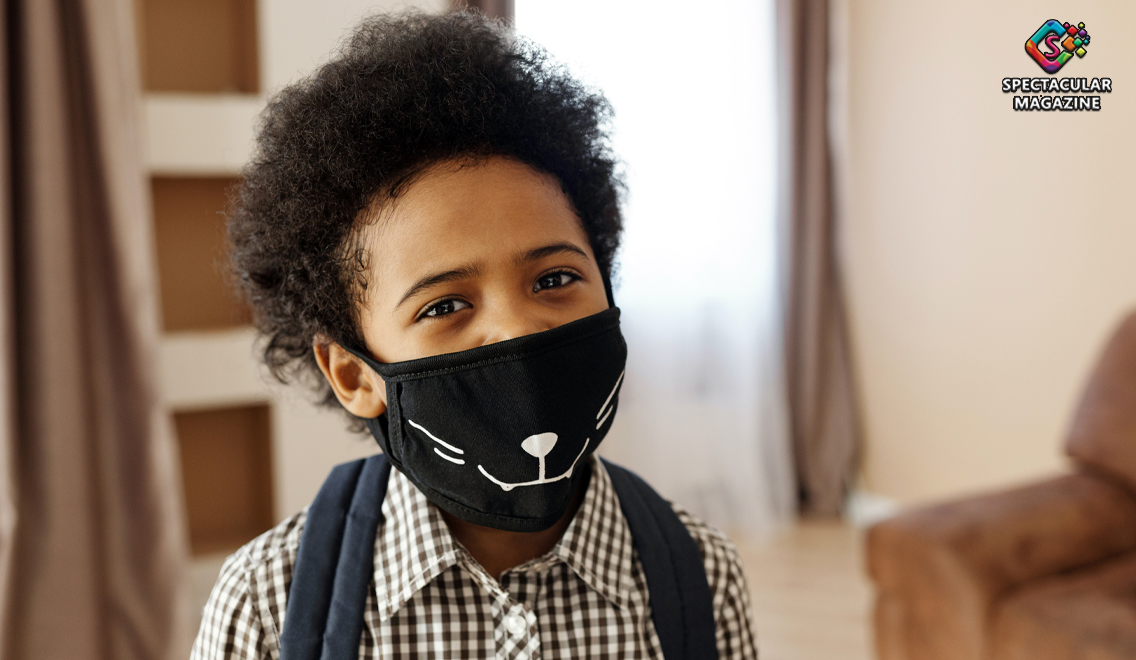Parents Invited To Join Study About The Impact Of COVID-19 On Young Children
Lexington, KY — Researchers at the University of Kentucky are inviting parents and primary caregivers to participate in a study about the emotional impact of COVID-19 on young children ages one to five and their families. The study is entitled “COVID-19 Unmasked: Supporting Young Children.”

Meghan Marsac, Ph.D., pediatric psychologist and assistant professor of Pediatrics, is leading the U.S. in an international study to determine the needs of parents and families who have preschool-aged children during the coronavirus pandemic. She and her colleagues want to learn more about how the coronavirus pandemic has impacted families with young children and how programming and support interventions can be developed to address their needs.
“In much of our research, these children are often overlooked,” said Marsac. “They aren’t able to communicate their needs as well, and their struggles tend to come out in different ways, particularly behaviorally.”
Additionally, researchers will study the stressors of parents as they navigate the uncertainty of prolonged quarantine isolation and how they are managing their needs and emotional health. By learning from the parents, pediatricians and mental health professionals can better advocate for the needs of children.
“Parents are key influencers,” said Marsac. “Kids who are preschool age really pick up on their parents’ stress. As part of the study, we’ll ask about their children and their behavior, but we’ll also be asking about the parents to find out specific things we need to do to support them.”
 Over the past few months, Marsac and her colleagues have been acutely aware of the struggle parents face, both as parents themselves and in the patients they treat. Healthcare providers report seeing young children exhibit more tantrums and sleep problems, as well as kids, are worrying more. They are concerned about the possibility that these behavior issues will intensify as families prepare to either not go back to school or go back to school in a non-traditional capacity.
Over the past few months, Marsac and her colleagues have been acutely aware of the struggle parents face, both as parents themselves and in the patients they treat. Healthcare providers report seeing young children exhibit more tantrums and sleep problems, as well as kids, are worrying more. They are concerned about the possibility that these behavior issues will intensify as families prepare to either not go back to school or go back to school in a non-traditional capacity.
“Kids this young notice when things are different,” said Marsac. “They do really well with a routine when they know what to expect. And as adults, it’s hard because we don’t know what to expect, so we can’t give them the security we normally could give them. They don’t know there’s a pandemic, but they do know they can’t go to the playground or play with friends.”
In the study, parents have the choice of completing one set of questions now or to receive multiple sets of questions over the next twelve months. Researchers can observe how the home dynamics and family needs shift over time.
Parents and primary caregivers of a child ages 1 – 5 years old can enroll in the study here and direct questions about the study here: path@uky.edu.


